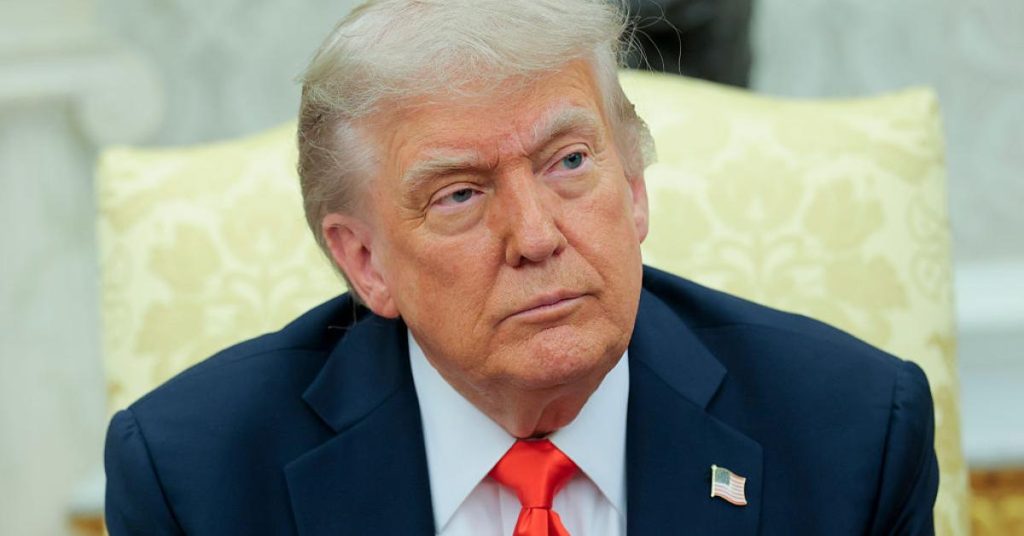Col. Victor Suarez, a retired Army commander, recently raised some serious concerns that are hitting close to home for many Americans. He pointed out that our troops are facing risks because of drug shortages. Things like ketamine for pain management and antibiotics for infections are getting harder to come by, and that’s just not right.
Suarez didn’t just keep quiet about these issues; he took his worries straight to Congress. His testimony alarmed senators and got them asking tough questions. Senator Roger “Doc” Marshall, who’s not only a senator but also a medical doctor, was quite vocal about the situation.
Marshall pointed out that America only produces about 10% of the active pharmaceutical ingredients it needs. So, basic drugs like penicillin and insulin are largely made overseas. He explained how China, a key competitor, and India, a sometimes unreliable ally, have taken over much of this production.
China’s strategy, as Marshall described, involves taking U.S. technology, mass-producing it, and then undercutting competitors. Once they dominate the market, they create artificial shortages and hike up prices. This pattern is clearly troublesome and puts America at a disadvantage.
The Trump administration had acknowledged these drug shortages, which worsened during the COVID-19 pandemic. During the pandemic, the U.S. found itself struggling to get masks, gowns, and even basic medications. However, after the pandemic, the Biden administration didn’t make substantial efforts to secure America’s drug supply chain.
Rep. Mariannette Miller-Meeks, who served as a nurse in the Army, was equally worried by the shortages during COVID-19. She noted that China was hoarding valuable personal protective equipment and medications. Those included essentials like ibuprofen and hydrocortisone that are crucial for healthcare.
President Trump had initiated efforts to press drugmakers to lower their prices for Americans. His executive order aimed at aligning drug costs in the U.S. with those in other countries had an immediate effect. Now, Trump’s medical advisors are working hard on a plan to address the supply chain issues.
The focus is on stockpiling key ingredients for essential drugs and eventually bringing production back to the U.S. This plan could take up to a decade, but it’s a crucial step forward. Newly appointed NIH Director Jay Bhattacharya emphasized the need for American manufacturing of these basic medical supplies.
Bhattacharya pointed out that even modern medical innovations like cell therapies are outsourced. Cells taken from American patients are sent to China for treatment, which is a glaring issue. He believes America should be the hub for such advanced treatments.
India, while less adversarial than China, also poses concerns due to its inconsistent quality standards in pharmaceuticals. The 2022 incidents with contaminated cough syrup highlighted these issues. Many Indian firms faced blacklisting in 2023 for failing to meet quality standards.
Bhattacharya suggested that having U.S. FDA inspectors at Indian manufacturing sites could improve oversight. This kind of collaboration would ensure that drugs imported from India are safe for American use. It’s a straightforward solution that could have significant impact.
The recently signed “One Big Beautiful Bill” also offers hope with provisions to boost domestic manufacturing. It provides tax incentives for research and development and new factories. Such measures could shift the focus back to U.S.-based production, impacting foreign pharmaceutical manufacturing.
Trump’s executive order on drug pricing, “Delivering Most-Favored-Nation Prescription Drug Pricing to American Patients,” was another bold move. Bhattacharya praised this order, noting how it forces drug companies to offer Americans fair prices. The goal is to end the practice of charging Americans more than Europeans for the same medications.



